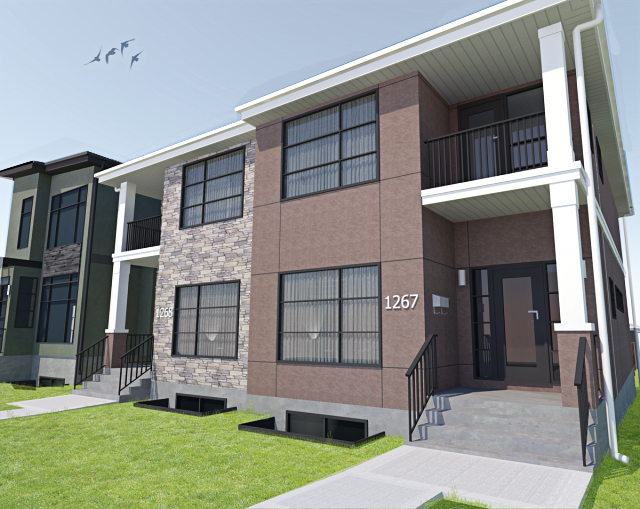Oops, your profile's looking a bit empty! To help us tailor your experience, please fill in key details like your SketchUp version, skill level, operating system, and more. Update and save your info on your profile page today!
🔌 Smart Spline | Fluid way to handle splines for furniture design and complex structures. Download
Amateur Hour
-
Good renders. The problem with Kerky is blue color and too saturated sky. You can solve it easily by applying white point filter at the white column,and de-saturate and lightening the sky in pp, itc., something like this.

-
Your renders are much improved just by using a different viewpoint, well done. If I were you I would get my verticals as straight as possible and also 'srx' has made a good point about the saturation levels.
-
Your renders improved a lot!
I don't know how your render engine works, but see if you can get the sun shadows to get a little softer. Seems to me that they are too hard/sharp right now.
Advertisement







